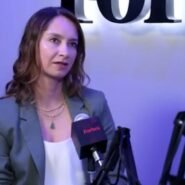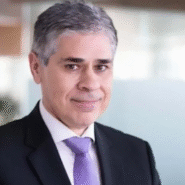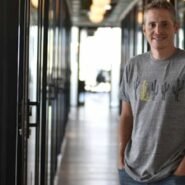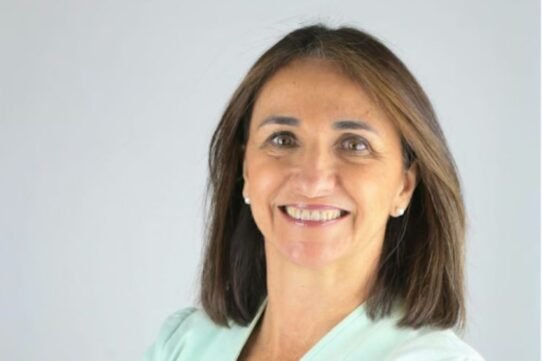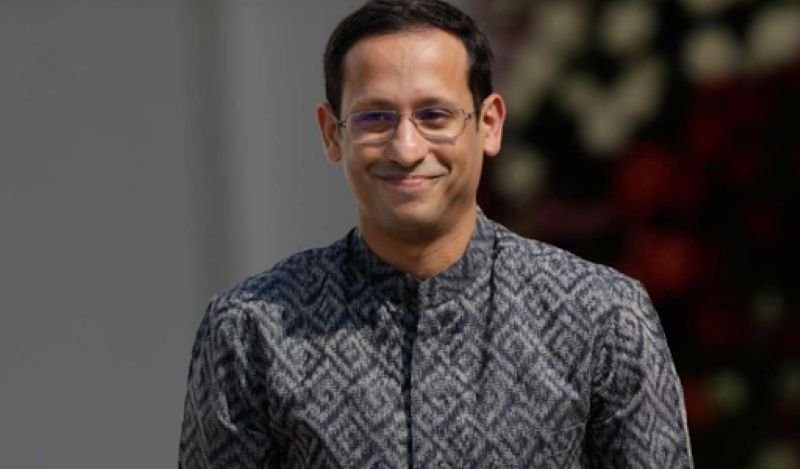Volodimir Zelensky, born on January 25, 1978 (47 years old) in Kryvyi Rih, Ukraine, is the current president of Ukraine, a European country currently under the strain of a military conflict with Russia. Before entering politics—where he now leads a nation at war—he studied law and found his passion in theater.
From the age of 17 until mid-2018, he was active in musical comedies, led a comedy troupe, appeared in numerous films, and eventually became the face of a political party founded by people close to his production company—Kvartal 95—an entity he also helped create.
What was Zelensky’s childhood like?
The Ukrainian president has always described himself as being raised in a Jewish family. His early years were spent in Mongolia, where his father worked. During that time, he learned English and even received an offer to study in Israel—an opportunity his father declined.
After finishing his early education, Zelensky enrolled in university and earned a law degree from the Kyiv National Economic University at age 22. However, his true passion was always performance. In 1997, after winning a national comedy competition with the KVN team from Kyiv, he co-founded Kvartal 95, a Ukrainian production company.
Zelensky’s political path began, indirectly, in theater. Until 2003, Kvartal 95’s KVN troupe traveled through Russia and neighboring countries, performing comedy shows in major venues. From 2003 onward, the company transitioned into television production.
Between 2005 and 2015, Zelensky continued acting in a range of films, many of them romantic comedies in which he played the lead role. The turning point that brought him closer to politics came when Kvartal 95 launched the TV series Servant of the People—a show that captivated the entire nation and elevated Zelensky’s public image.
The show had a striking premise. Zelensky portrayed a modest history teacher who criticizes corrupt presidents and longs for a leader who lives like an average citizen. In the story, one of his students records a classroom speech, uploads it online, and the video goes viral. Unexpectedly, the teacher becomes Ukraine’s new president.
Political rise
In a twist that mirrored the show’s storyline, real life followed fiction. The series ran for three seasons and later spawned a feature film. In 2018, as the series concluded, Kvartal 95 launched a political party named Servant of the People, just like the show. Zelensky—actor, lawyer, and producer—announced his intent to enter politics.
Although politically inexperienced, Zelensky was already a household name thanks to his entertainment career. He won the presidential runoff and became Ukraine’s head of state. Much like his character in the show, his early rhetoric attacked the political system and declared a mission to “change the political establishment.”
This message gained traction, but it also drew criticism. Opponents questioned his lack of government experience. Zelensky, in response, focused his presidency on anti-corruption efforts and the formation of a new political team composed of professionals. In 2019, he was officially welcomed into the political sphere, although his initial reforms faced stiff resistance.
As time progressed, tensions between Ukraine and Russia escalated dramatically. In February 2022, following months of warnings by Zelensky, Russia launched a military operation in a Ukrainian city. Zelensky refused to flee or evacuate, instead calling for international support.
Today, the conflict between the two nations continues, although it is less intense than in 2022, when Ukraine was significantly weakened by the invasion. Due to complex political, social, and cultural dynamics, Zelensky has lost some influence both domestically and internationally, though he has remained consistent in his ideals. Like his fictional role in Servant of the People, his journey into politics was accidental yet transformative—an entertainer who unexpectedly became the leader of a country at war.
The present reflects this unusual path: Zelensky’s ascent to power came from a unique blend of media, narrative, and public sentiment, turning a television concept into a political movement—and an actor into a head of state.
